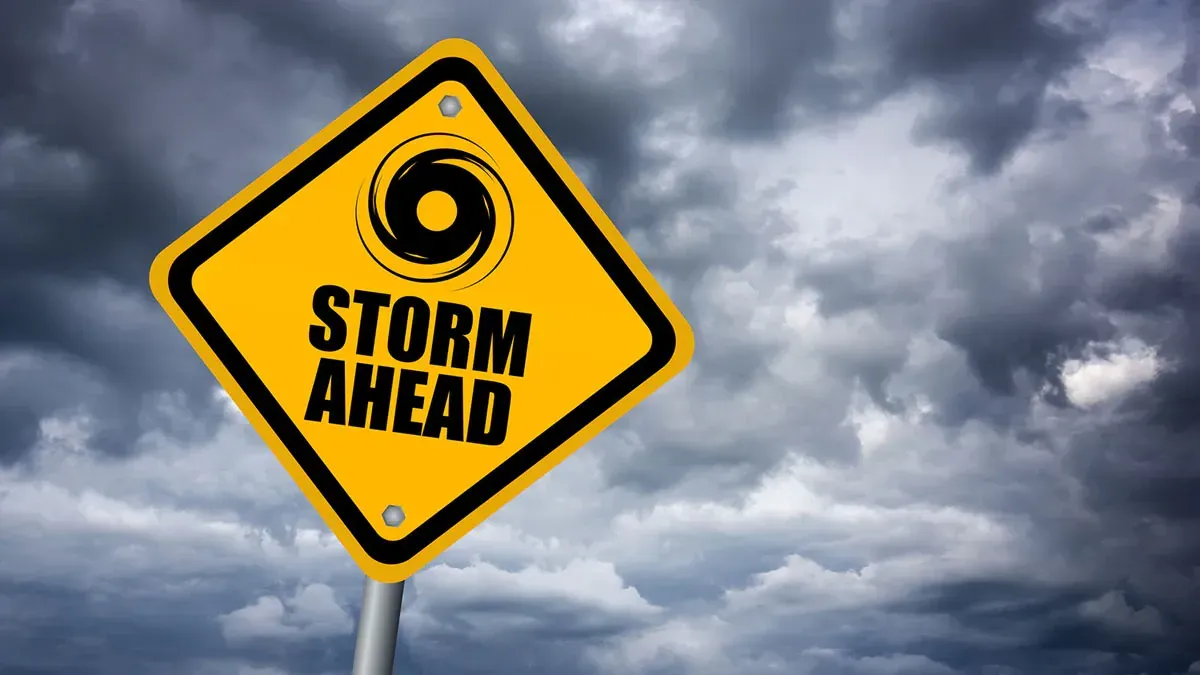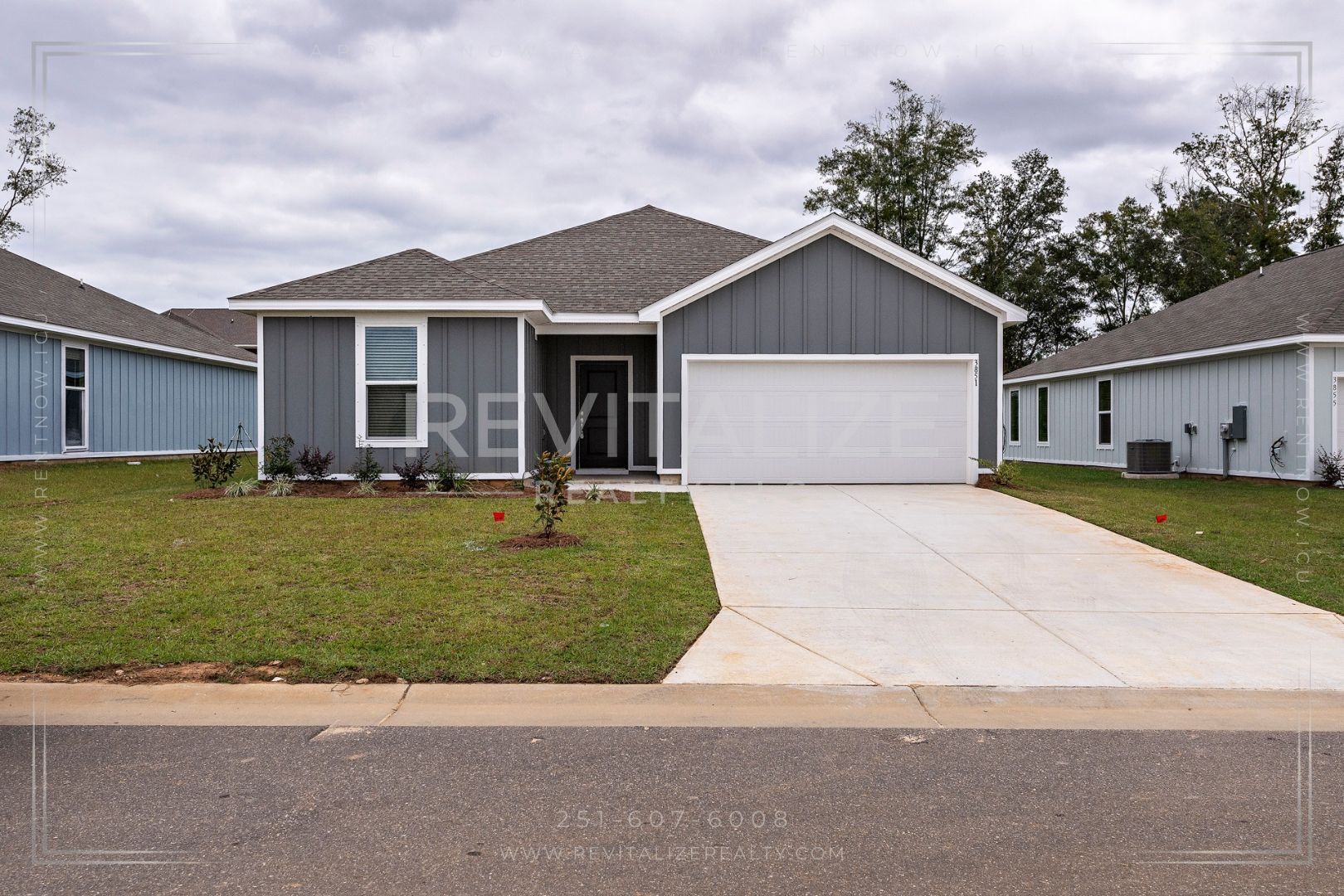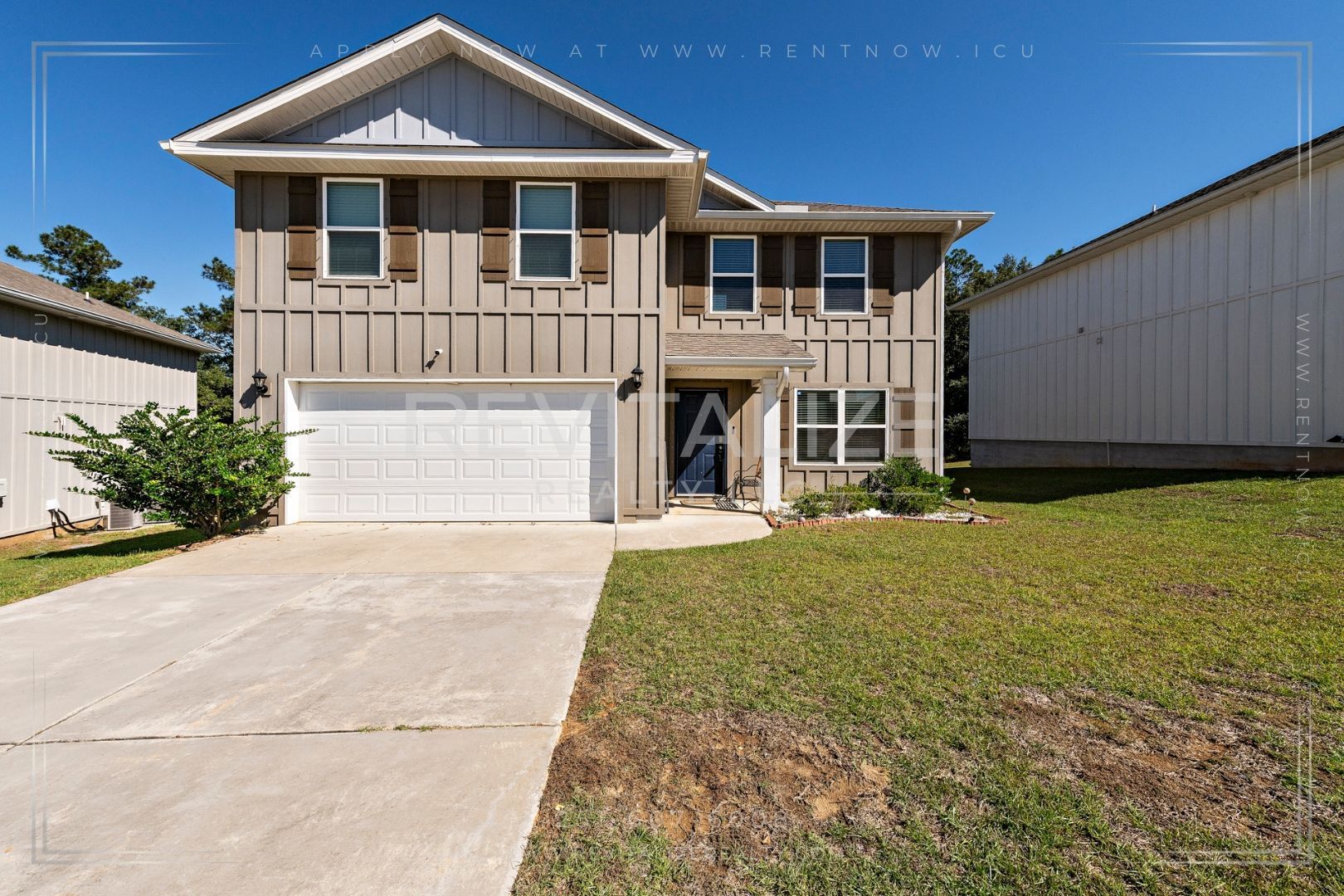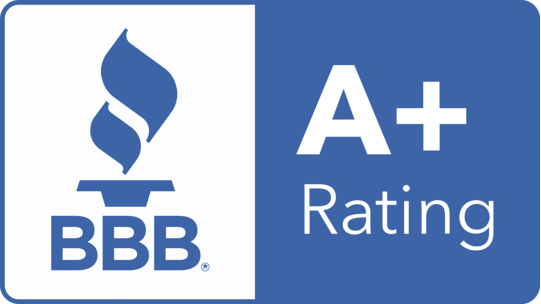Storm Preparedness as a Self-Managing Landlord
How to Best Protect Rental Properties During Inclement Weather

Natural disasters like tornadoes, flash floods, and hurricanes can cause significant damage to rental properties, leaving landlords and tenants facing costly repairs and potential safety hazards. As a property owner, it’s crucial to take proactive steps to protect your investment and ensure the safety of your tenants. Here are some practical tips to safeguard your rental properties during severe weather events.
1. Stay Informed About Local Risks
The first step in protecting your rental property is understanding the specific weather risks in your area. For example, if your property is in a region prone to hurricanes, you’ll need to focus on wind and flood protection. If tornadoes are common, securing the structure against high winds becomes a priority. Research local weather patterns and consult resources like the National Weather Service or FEMA to identify potential threats.
2. Invest in Durable Building Materials
When maintaining or renovating your rental property, opt for weather-resistant materials. For hurricane-prone areas, consider impact-resistant windows, reinforced garage doors, and storm shutters. In flood-prone regions, elevate electrical systems, install sump pumps, and use water-resistant building materials like concrete or treated wood. These upgrades may require an upfront investment but can save you thousands in repair costs down the line.
3. Create a Comprehensive Emergency Plan
Work with your tenants to develop an emergency plan tailored to your property. Provide them with clear instructions on what to do during a tornado, flood, or hurricane, including evacuation routes, safe areas within the property, and emergency contact information. Make sure they know where to locate shut-off valves for water, gas, and electricity.
4. Perform Regular Maintenance
Routine maintenance is key to minimizing damage during inclement weather. Inspect the roof, gutters, and drainage systems regularly to ensure they’re in good condition. Clean gutters and downspouts to prevent water buildup, which can lead to flooding or roof damage. Trim trees and remove dead branches that could become projectiles during high winds.
5. Secure Outdoor Items
Loose outdoor items like patio furniture, grills, and decorations can become dangerous during storms. Encourage tenants to secure or store these items indoors before severe weather hits. If your property has a shed or storage area, ensure it’s sturdy enough to withstand high winds.
6. Install Backup Power and Alarms
Power outages are common during severe weather, so consider installing a backup generator to keep essential systems running. Additionally, equip your property with smoke detectors, carbon monoxide detectors, and flood alarms to alert tenants to potential dangers.
7. Review Your Insurance Policy
Ensure your rental property is adequately covered by insurance. Standard policies may not include flood or hurricane damage, so you may need to purchase additional coverage. Discuss your options with your insurance provider to make sure you’re protected against all potential risks.
8. Communicate with Tenants
Open communication with your tenants is essential. Before severe weather season, send out reminders about emergency preparedness and provide them with a checklist of steps to take. After the storm, check in to assess any damage and address concerns promptly.
9. Consider Professional Inspections
Hire a professional to inspect your property before and after severe weather events. They can identify vulnerabilities and recommend repairs or upgrades to strengthen your property against future storms.
10. Plan for Post-Storm Recovery
Even with the best preparation, damage can still occur. Have a plan in place for quick recovery, including a list of trusted contractors and service providers. This will help you restore your property and get tenants back to normal as soon as possible.
By taking these steps, you can significantly reduce the risk of damage to your rental property and ensure the safety of your tenants during inclement weather. Remember, preparation is the best defense against Mother Nature’s unpredictability!































